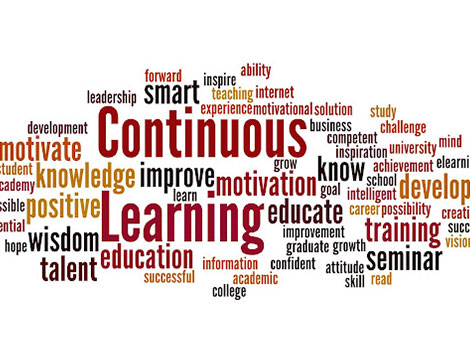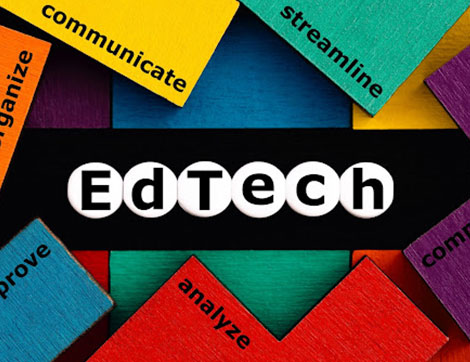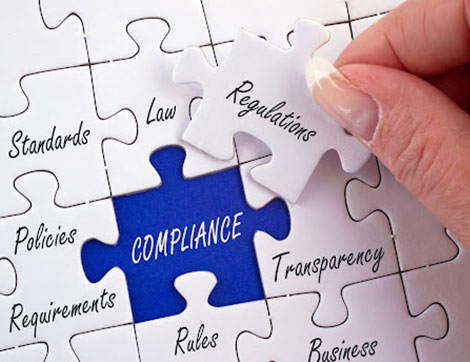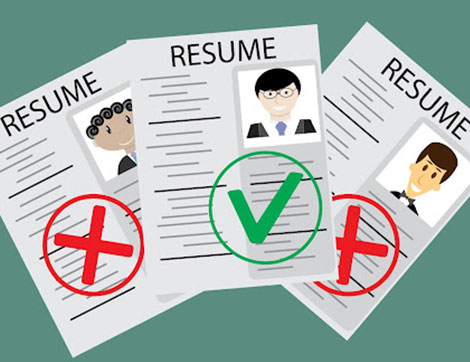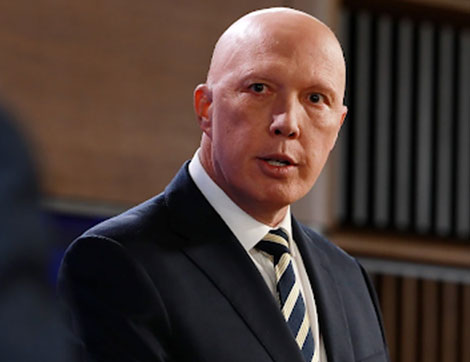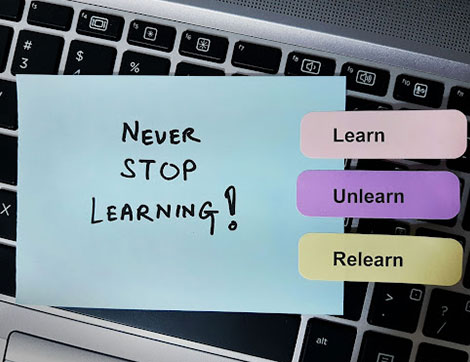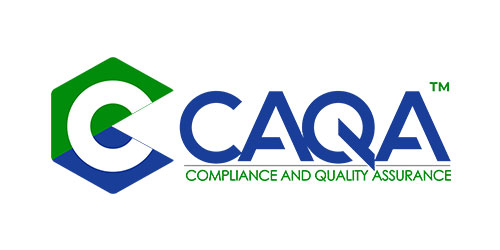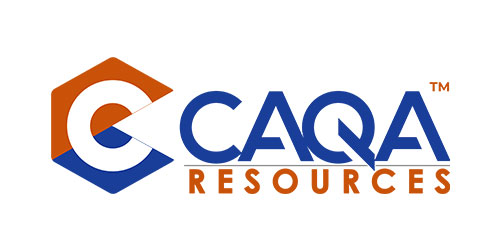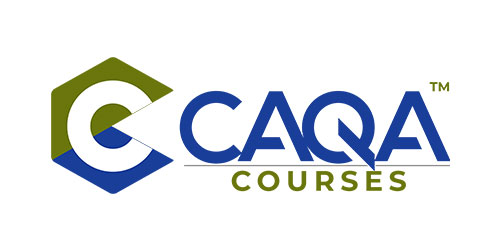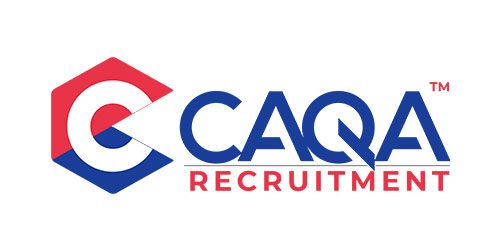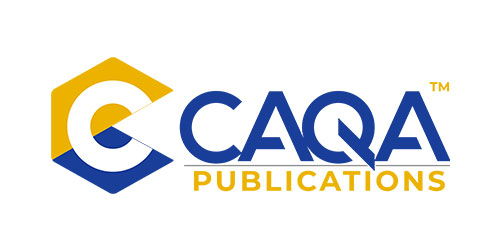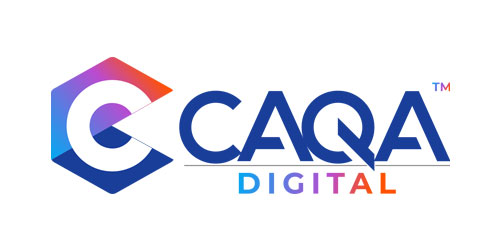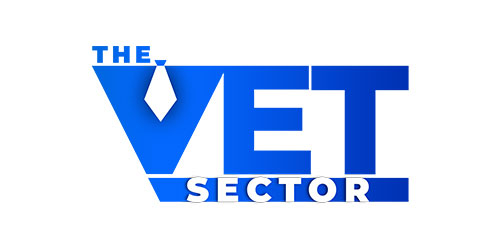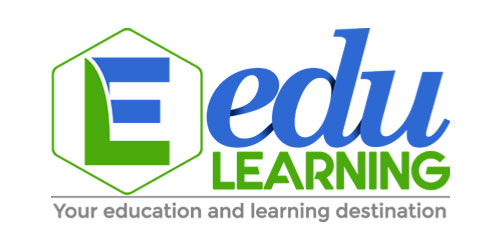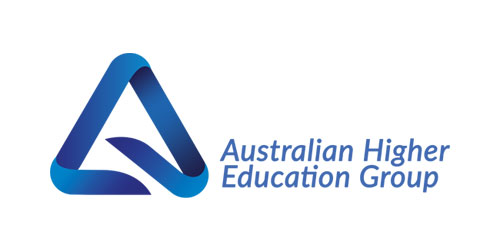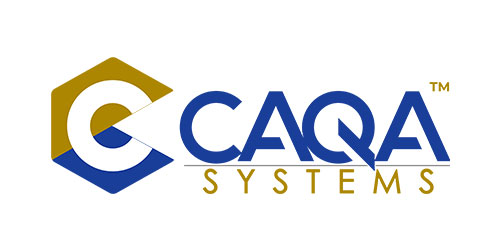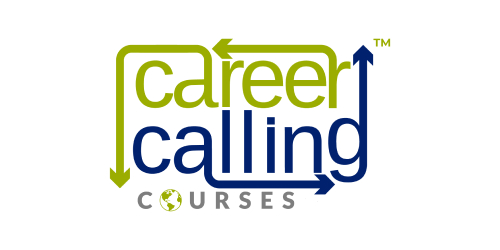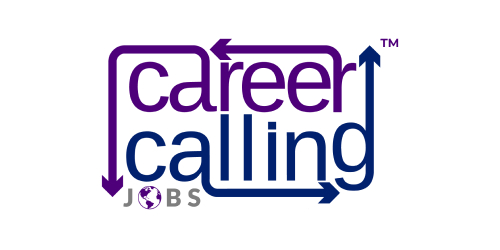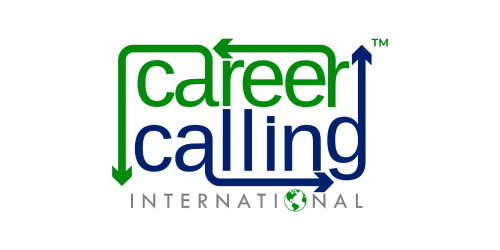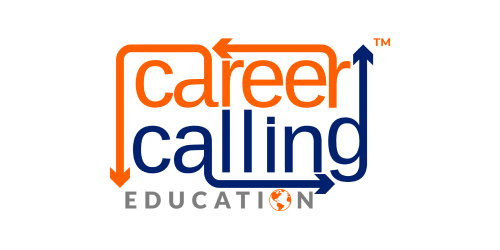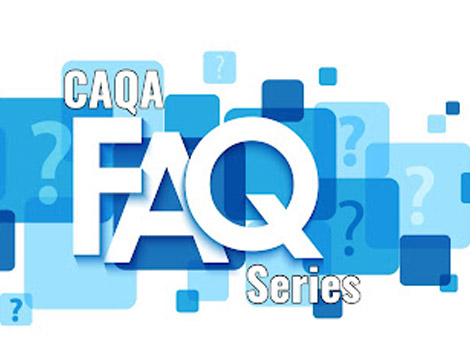
News
What is industry consultation in the RTO context?
It is a process in which the training representatives of a training organisation consult with representatives from the industry to determine whether they are using the most appropriate facilities, equipment, and resources for delivering the training, whether their trainers and assessors have the most up to date qualifications and skills, whether their training and assessment strategies, methods, technology, and training and assessment resources meet the needs of industry. The goal is to get an understanding of the best practices and resources available in the sector, as well as to modify those resources to better match the needs of that industry.
What do Clause 1.5 and Clause 1.6 say? Why does it state that the RTO’s training and assessment practices should be relevant to the needs of the industry and informed by industry engagement/ participation?
The training organisation in the vocational education and training sector delivers and assesses any training product to ensure that the learners are prepared to work in the industry or are better able to operate effectively in the industry after completing the training course. The training organisation must ensure all of their training and assessment practises, including identifying compliant RTO learner and assessment resources, all assessments meeting the principles of assessments and rules of evidence, and other applicable requirements; delivering training and assessments in a compliant manner to learners, including the skills and competencies of the trainers and assessors delivering and assessing the training; and participating in validation, contextualisation, customisation and all other activities related to the training and assessment, are in line with current methods, technology, products and performance expectations for the workplace tasks specified in the training package or VET accredited course and standards of registered training organisations.
Clause 1.6 states ‘a range of strategies’, what are those?
A range of strategies refers to various approaches and methods that a training organisation must employ in order to conduct industry consultations. The RTO must collaborate with industry stakeholders to develop appropriate contexts, methods, resources, and engage trainers and assessors in the delivery and administration of training and assessment practises. Consultation strategies can include a variety of methods such as face-to-face meetings, surveys, interviews, advisory committees, workplace visits, email exchanges, workshops, and other forms of engagement.
What you should discuss when you engage with the industry.
The requirements of Clause 1.6 clearly states what you must discuss. We have added a few examples of what the content of these discussions may include based on our audit experiences and industry best practice.
Training and Assessment Strategy:
i. Training and assessment strategy (TAS) for each training product for each learner cohort
ii. Choice of electives
iii. Pre-requisites
iv. Corequisites
v. Appropriate contexts and methods
vi. Delivery modes such as face to face, online, on the job, distance learning, blended mode of delivery
vii. Delivery schedule/order in which units should be delivered and assessed
viii. The needs of groups or individual learners such as reasonable adjustment in training delivery or assessment
ix. Meeting the needs of the training package or accredited training product
x. Specific admission requirements especially where the entry requirements are not included within the training package or accredited training product
xi. Required trainer and assessor competencies
xii. Assessment guidelines and qualification packaging rules
xiii. Assessment evidence requirements specified in the training products such as units of competency
Training and Assessment Practices
xiv. Regulations or laws governing the industry and/or standard operating procedures, equipment and machinery used at the enterprise level
xv. Aspects of the work environment (for example, shifts or seasonal changes to schedules) that will affect delivery and assessment
xvi. Employer preferences about the way in which a program is delivered
xvii. Facilities, equipment and supervision that will be available for work placements
xviii. How simulated work environments should be set up to reflect workplaces
xix. Advice on contextualising or adapting purchased assessment materials to suit workplace contexts.
xx. Validation practices
xxi. The length of a unit of competency
Training and Assessment Resources
xxii. Assessment resources
xiii. Learner resources
xxiv. Support staff or resources
xxv. Facilities
xxvi. Equipment
xxvii. Technology
xxviii. Simulated work environments
xxix. Agreements for the use of resources and facilities
Currency of industry skills of trainers and assessors
What changes should be implemented as a result of engagement with industry and employers?
A number of changes can be implemented as a result of engagement with industry and employers, such as:
- changes to training and assessment practices and resources based on advice from industry regulators about new regulatory requirements
- implementation of workplace visits for trainers and assessors to ensure currency of understanding about workplace practices, based on advice from employers.
Who are suitable industry representatives for industry engagement and consultation purposes?
People who work in team leadership, supervisory, or management positions and who have the ability to recruit others are the most appropriate industry representatives for industry engagement and consultation because they can provide the best advice in terms of:
a. the skills and competencies they seek in the learners
b. the quality of resources they are considering for
c. the quality of training and assessments they would use at their workplace.
Can you give some specific examples of suitable industry representatives for industry engagement and consultation purposes?
Suitable industry representatives can include:
- Team leaders
- Managers
- Directors
- Members of industry advisory committees
- Work-based training providers
- Training advisory bodies
- Other relevant industry bodies
- Ongoing networking with industry organisations, peak bodies, or employers
- Enterprise RTOs
- Unions
- Licensing and regulatory bodies
- Networks of relevant employers and industry representatives to participate in assessment validation
- Exchange of knowledge, staff and resources with employers, networks and industry bodies.
How often do I need to do industry consultations and industry engagements?
Although there are no set timeframes or frequency requirements specified in the regulatory standards and guidelines, we recommend that you perform this process at least once or twice a year.
Industry consultation and engagement should be planned, scheduled, and conducted on a regular basis. Industry participation should be a regular part of the validation process and should be scheduled as part of the validation schedule. Evidence of current industry engagement, on the other hand, is necessary for the purpose of renewing a registration. Ideally, “currency” should be available within 12 months of the registration period.
When is industry consultation compulsory?
Industry consultation and engagement is compulsory if:
- Your training organisation is adding a new training product to its scope of registration
- The legislative or regulatory standards, guidelines or requirements change
- The training product is superseded
- A new training and assessment strategy is developed for a new learner cohort
- On a regular basis using a range of strategies to meet the requirements of standards for registered training organisations
Can I do my industry consultation and engagement with another RTO? For example, I do their consultation, and they do mine.
The short answer according to our experience is “no”. The regulatory body expects training organisations to genuinely involve industry representatives (outside the training organisations, wherever possible) to participate in the industry engagement and consultation processes.
What is the rationale behind conducting industry engagement and consultation?
In order to benefit from industry engagement, it is necessary to understand what the information collected from this engagement will be used for and how it can assist the RTO. It will;
- Assist in the development of training and assessment strategies
- Help choose the most appropriate training and assessment materials, equipment, facilities and resources
- Provide feedback on the RTO’s delivery of training and assessment,
- Ensure that the RTO’s trainers and assessors have current industry knowledge and expertise.
Industry engagement helps to ensure that graduates have industry-relevant skills and knowledge and are able to apply them in the workplace which means that the training and assessment programs are industry-relevant.
Is there any template prepared and published by the regulatory bodies for industry engagement and consultation?
A template has been prepared and published by the regulatory body for accredited course application https://www.asqa.gov.au/course-accreditation/renew-course/stage-2-course-review-and-redevelopment you may find it useful to include some of the particulars in this template.
What are the documents that I need to demonstrate compliance to Clause 1.5 and Clause 1.6?
There is no prescribed forms or evidence mentioned in the standards. We recommend that you have regular ongoing communication with the industry and implement a system that can demonstrate how you engage (using a variety of methods) in order to systematically monitor your training and assessment strategies, resources, facilities, equipment, and practises to ensure ongoing compliance, as well as how you systematically evaluate and use the feedback received from the industry.
For more information, please call CAQA or email us at info@caqa.com.au.
 1800 961 980
1800 961 980 info@careercalling.com.au
info@careercalling.com.au


